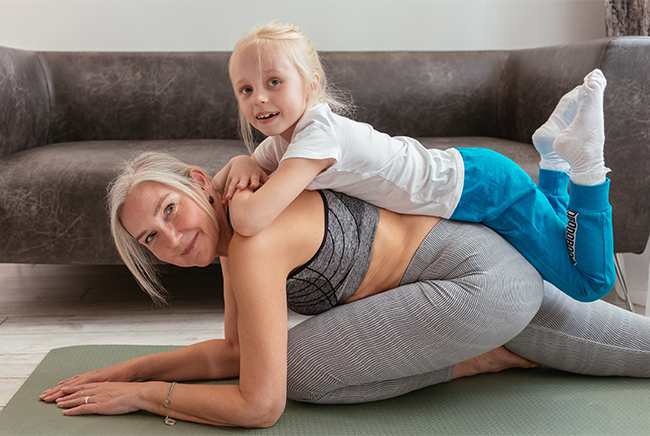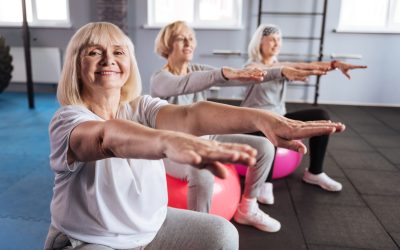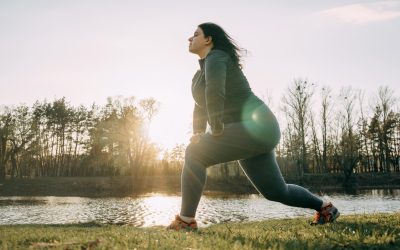A recent ukactive poll was undertaken in the UK with more than 2,000 adults. It found that over one quarter of Brits said that they have been less active since the pandemic hit in March of 2020, with just 17% saying that they were more active in this period of time.
For millions of people, covid restrictions have meant countless hours of sitting at the kitchen table, working from a desk or from a bed, or lounging on the sofa. But the impact of these prolonged periods of motionlessness can have negative effects on both our physical and mental health. Science shows that if we don’t use our biggest muscles (our leg muscles for example) for prolonged periods of time, it can cause a cellular effect that can make our bodies less effective at breaking down certain fats, and affect the way that we process glucose.
With regards to infection and our health, some studies have shown that leading a more active lifestyle can improve your body’s overall immune system, and its ability to fight both bacterial and viral infections. This can carry through into our later years, and has proven long term positive effects when coupled with a balanced diet.
The pandemic has also seen a larger focus on our overall mental wellbeing, with ukactive’s poll suggesting that more than half of the respondents said that physical health is just as important as their mental health – this is especially felt among the over 55s. Hue Edwards, CEO of ukactive, said, “COVID-19 has taught us never to take our health and fitness for granted, and if we take one positive from the pandemic it must be a collective pledge to ensure we take good care of our bodies and minds”.
Professor Greg Whyte, Olympian and Professor of Applied Sport and Exercise Science at Liverpool John Moore’s University, said, “We know how important physical health is to our mental, physical and social wellbeing. COVID-19, along with ongoing and seasonal health challenges, has not gone away so it’s crucial that we strive for healthy, active lives in order to improve our physical and mental recovery and resilience long into the future.”
So what is the best physical activity you can do? The simple answer – the one you’ll stick to!
Links to further reading:




